ALLAN BEVAN, CANADIAN COMPOSER
Echo4/25/2022
1 Comment
Peace4/22/2022
Three Motets on Texts of Henry Vaughan4/21/2022
The Eclipse4/17/2022
To Morning4/16/2022
Harp of Wild4/11/2022
Ave Maria2/24/2022
Categories
All
For additional information, please view Allan Bevan's Composer Showcase on the Canadian Music Centre website.
|
Proudly powered by Weebly
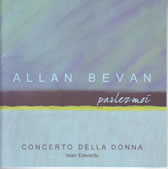
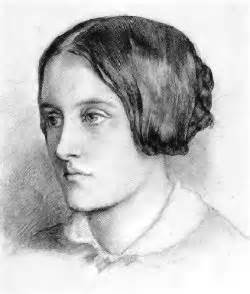
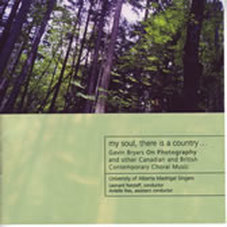
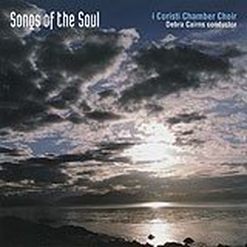
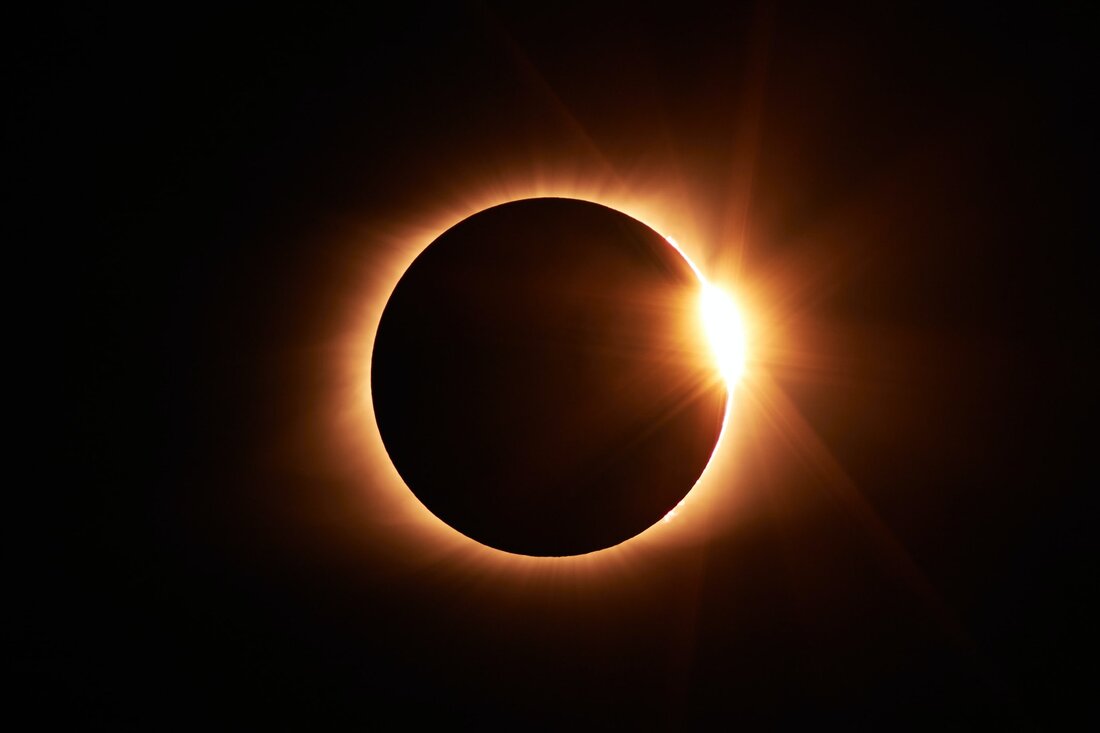
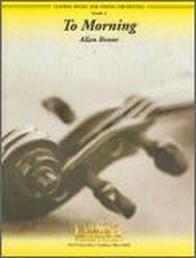
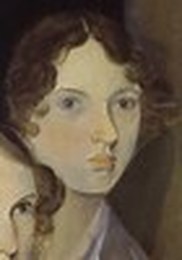
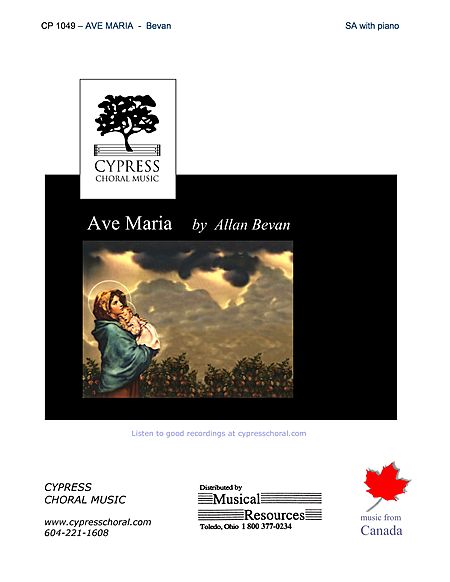
 RSS Feed
RSS Feed